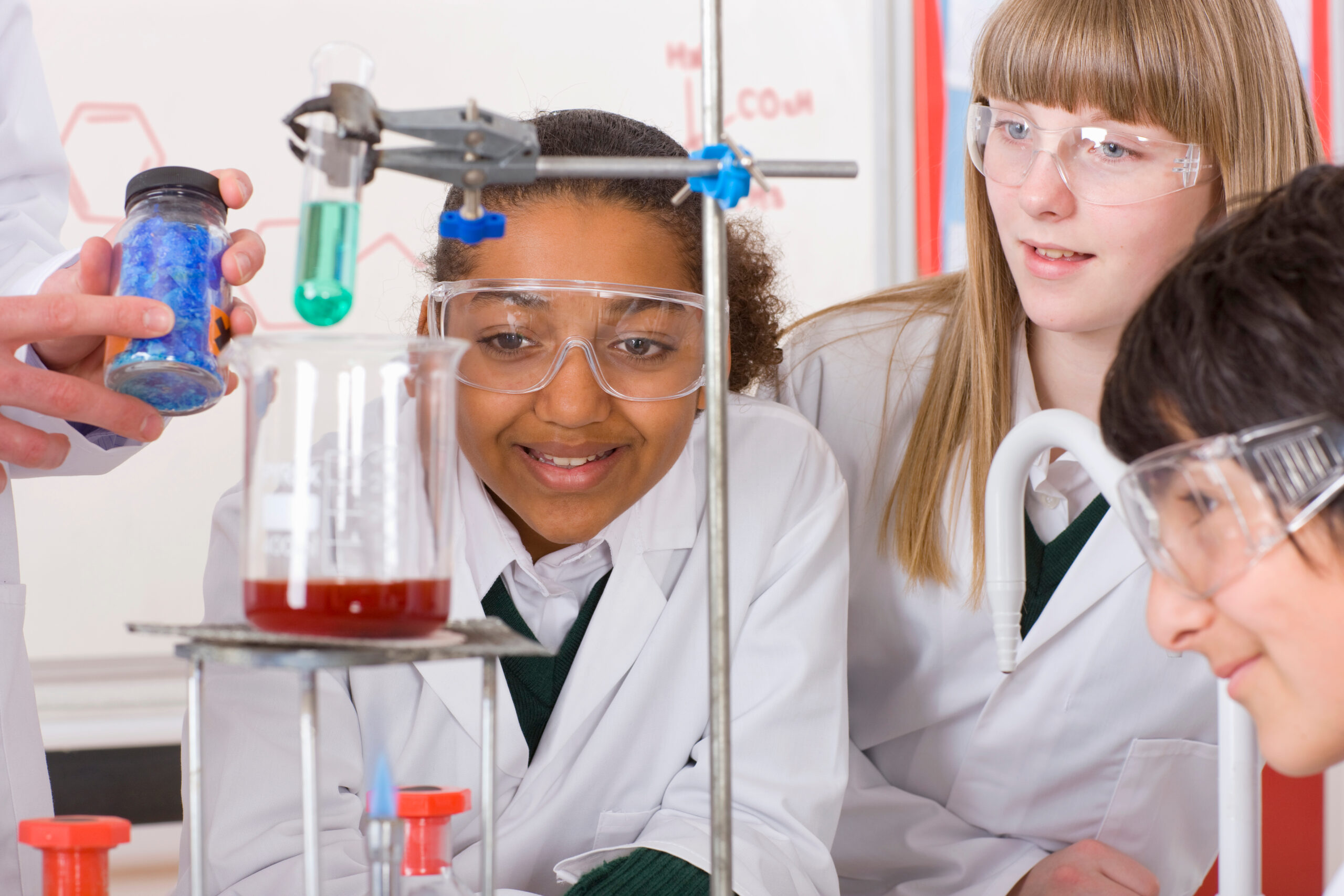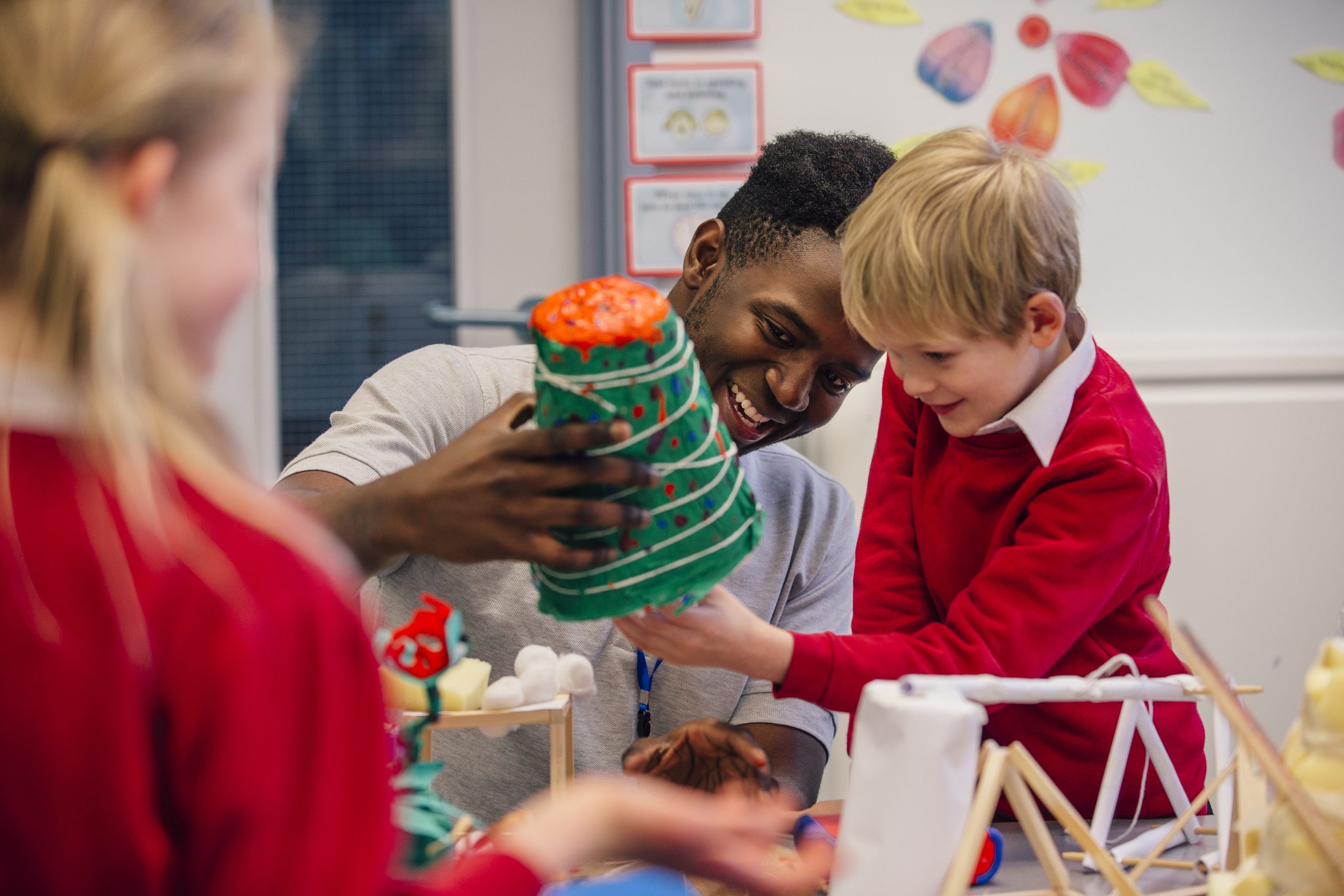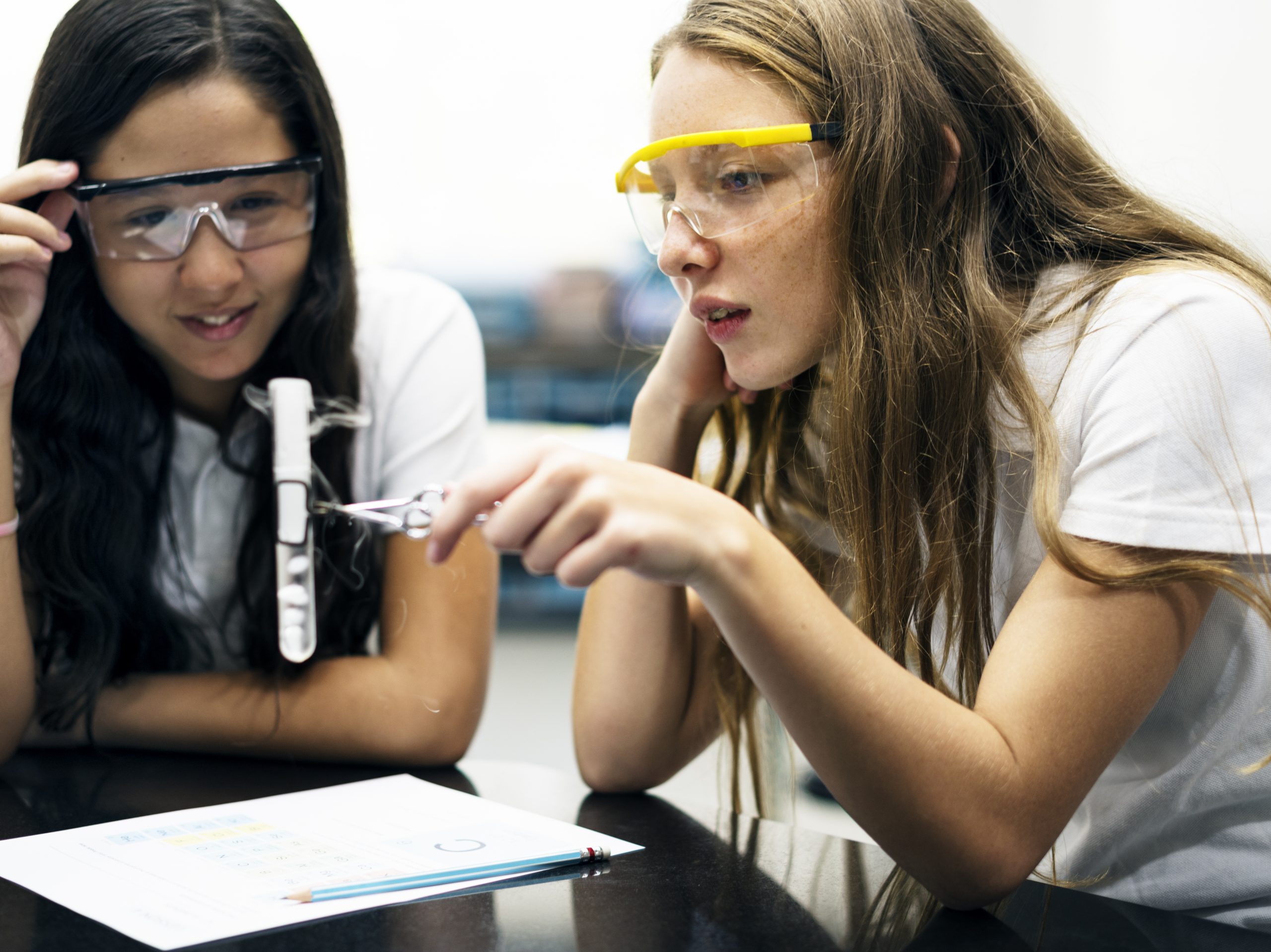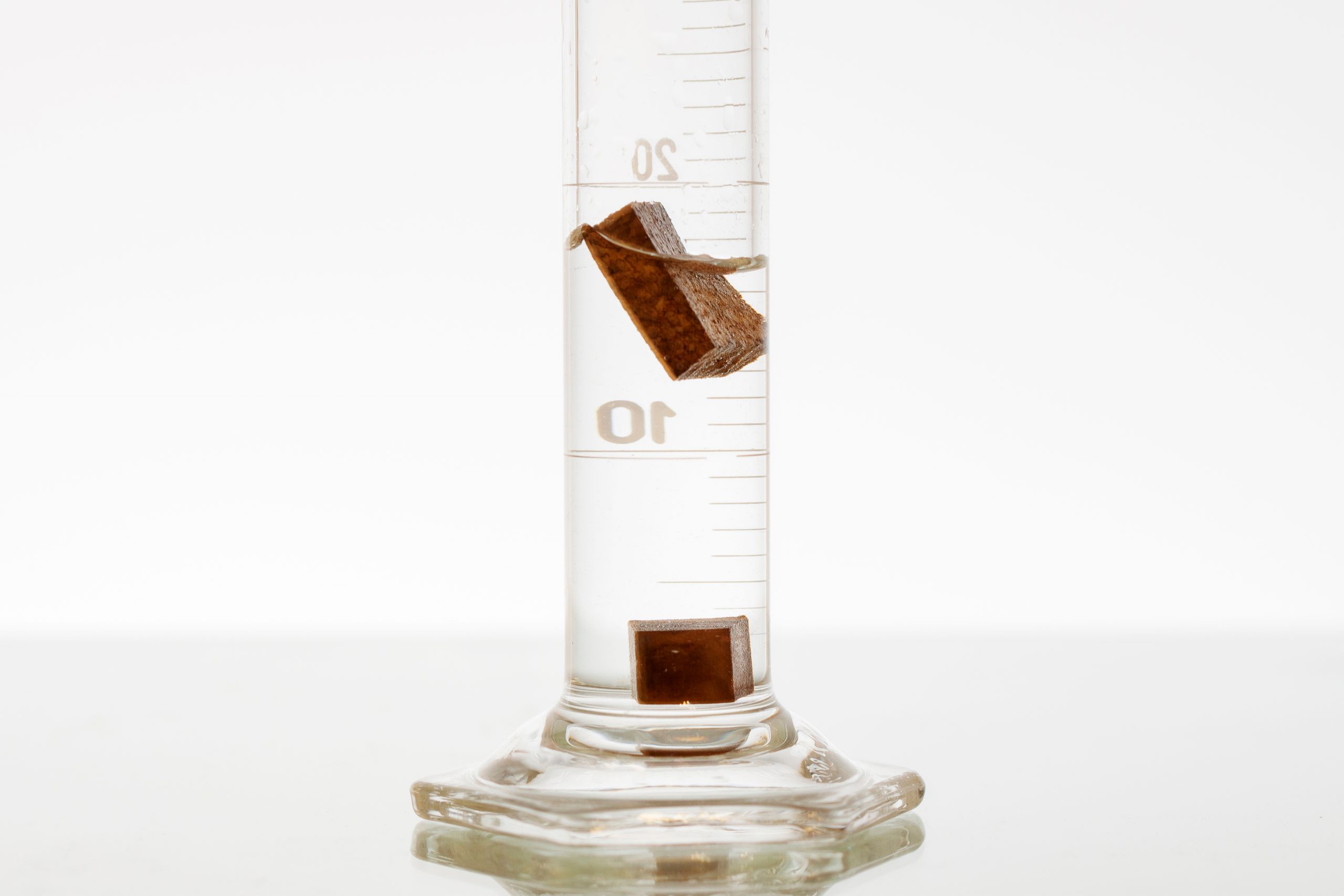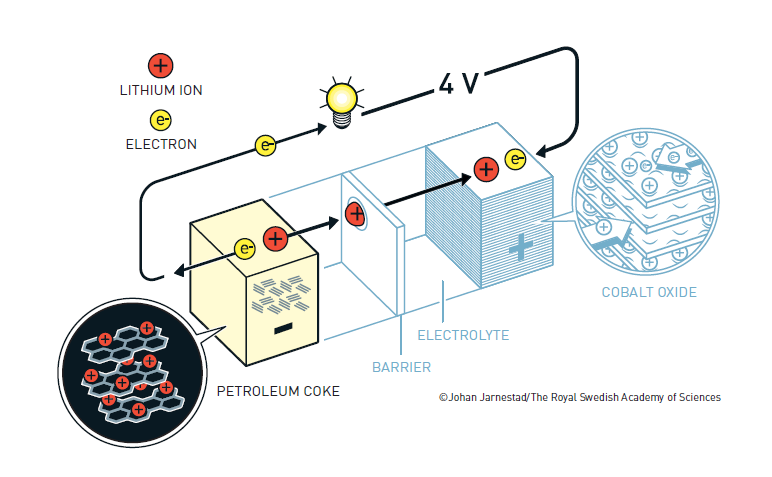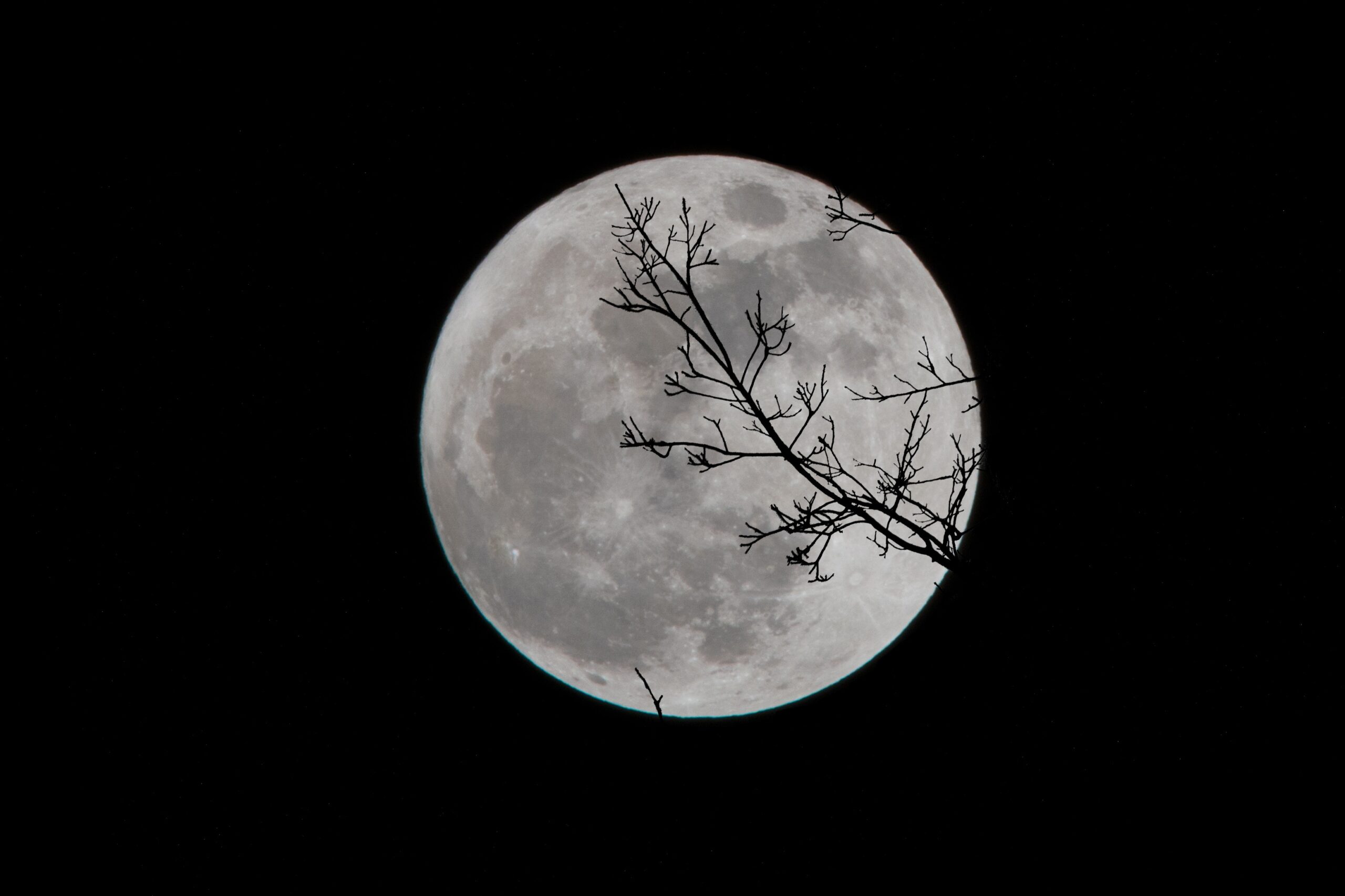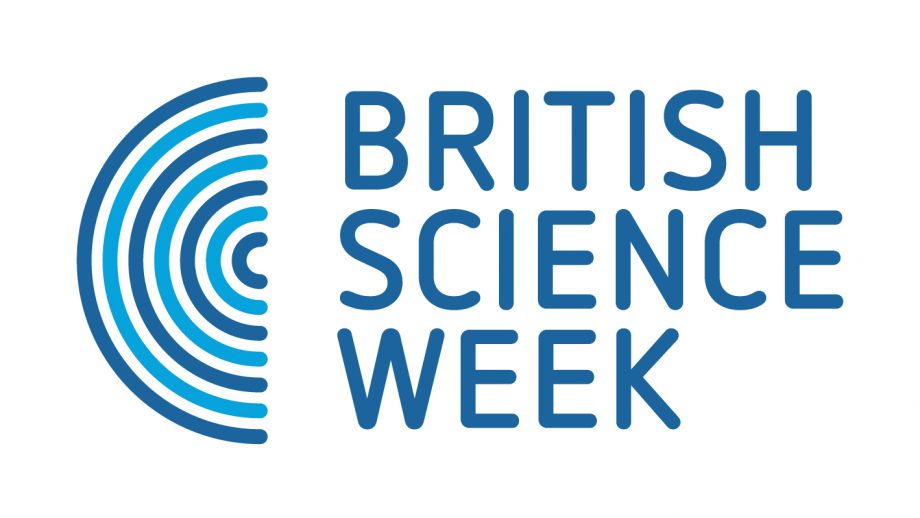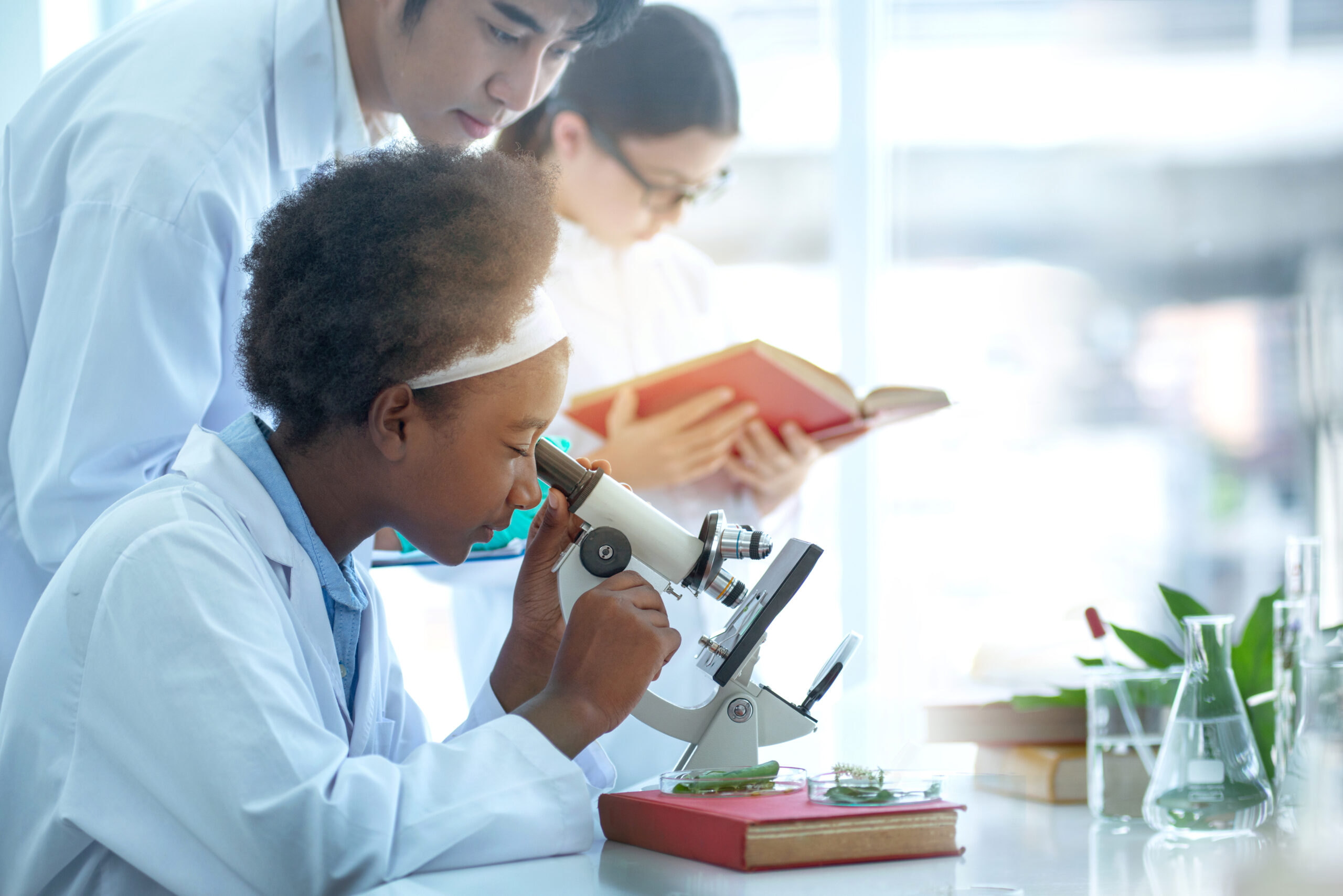
Developing practical skills in your curriculum
By Amanda Clegg and Karen Collins Did your students struggle to answer practical based questions in the recent GCSE and A level examinations? How many of us have been in a practical lesson where a student has asked ‘Is this right?’ or ‘What do I do next?’ despite having a… Read More
